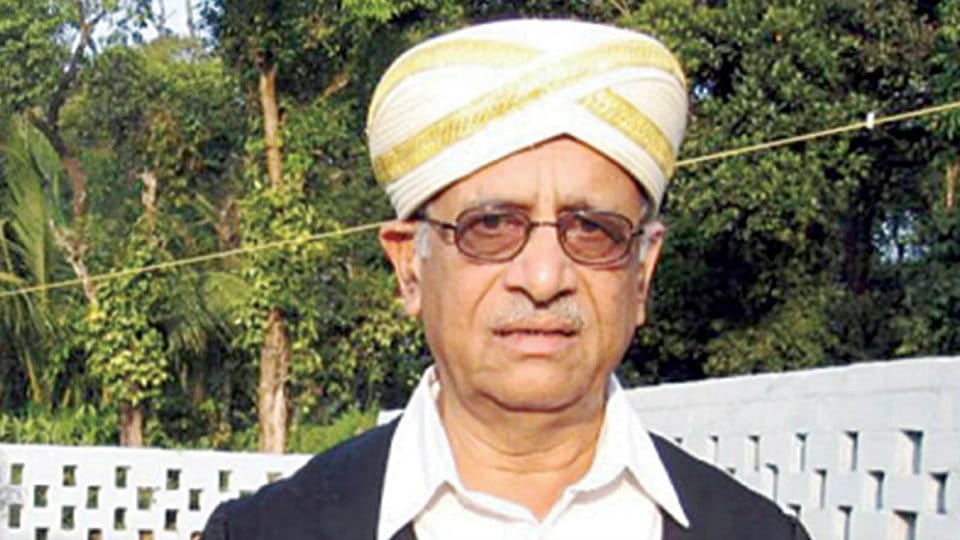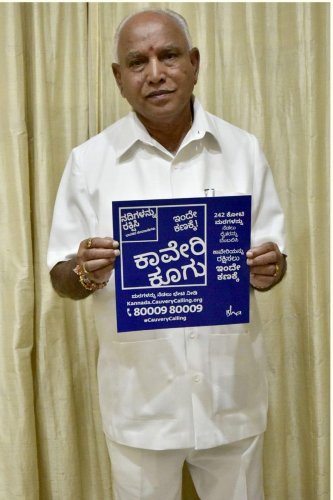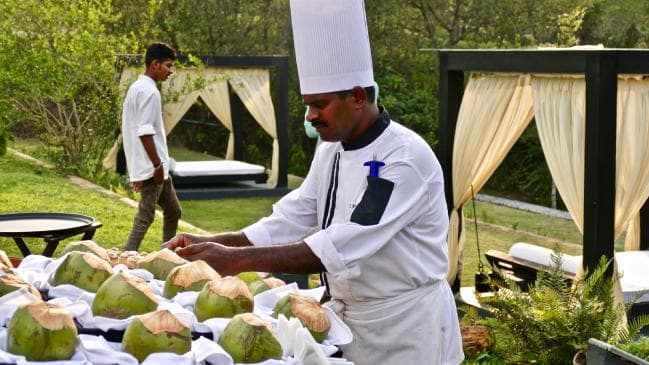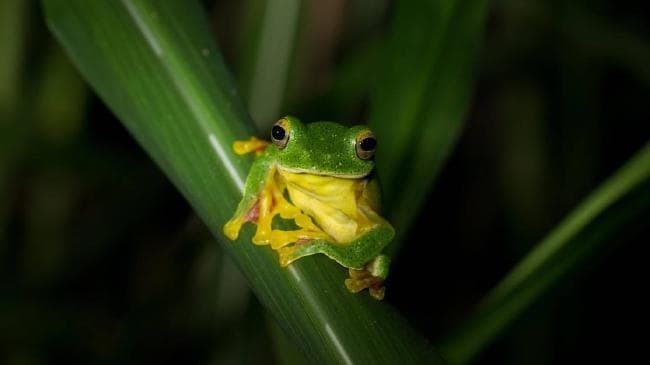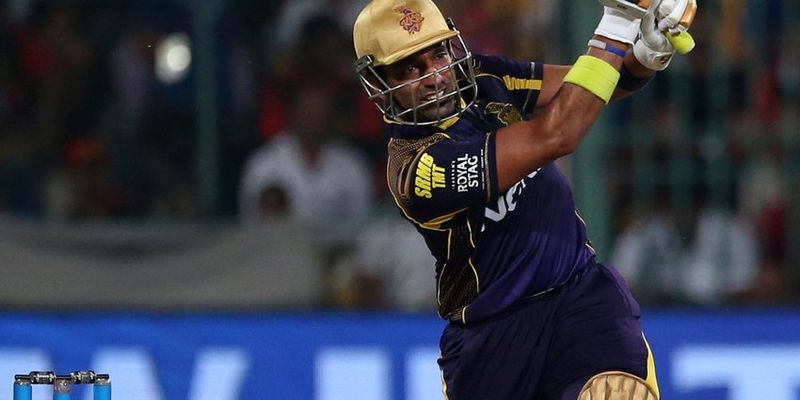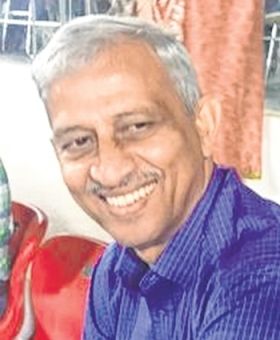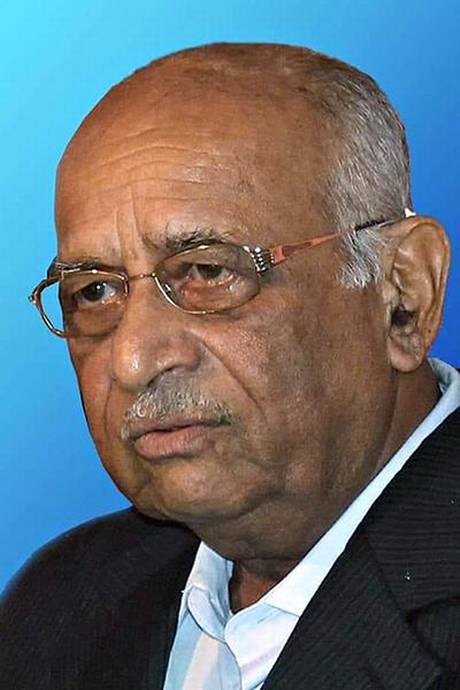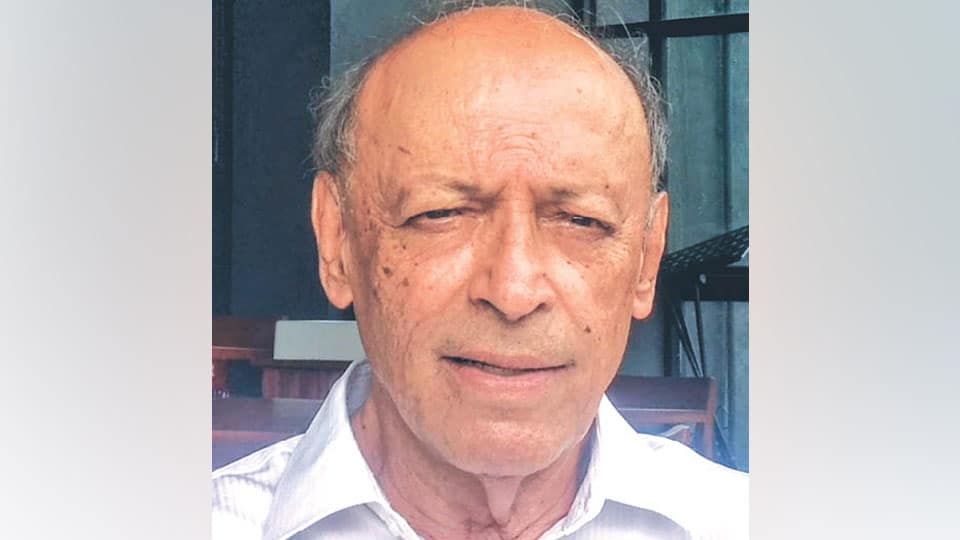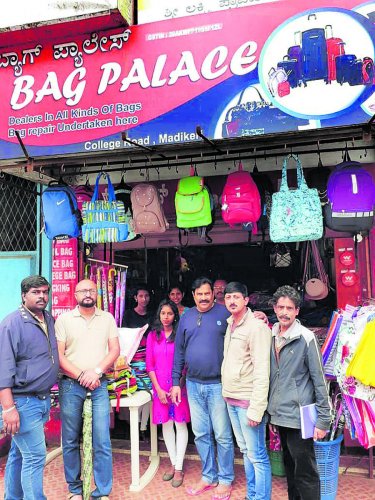My college-mate, a fellow Kodava like me and a politician who spewed fire and brimstone like a dragon on rampage against his political or personal opponents, Ajjikuttira K. Subbaiah is no more.
However, there is no denying the fact that in Karnataka politics he was a role model to all Opposition Leaders. Subbaiah was my college-mate in the only First Grade College in Madikeri, Kodagu, in the late 1950s. When he was doing his B.Sc. first year, I was doing my first year in BA. I remember Subbaiah and M.C. Nanaiah, senior in the college and also a powerful public speaker, showing their eloquence in the college debates.
I was staying in the hostel and the hostellers had issues with regard to quality of food and water supply. Since we didn’t get positive response from the Principal we decided to go on strike. And on the appointed day both the hostellers and the day scholars (who also had issues relating to hygiene and water supply etc.) gathered in front of the college building and took out a procession towards the Police Grounds shouting slogans against the college authorities and the Principal holding the National Flag.
I still remember a student who refused to hold the Flag and march in front, apparently, for fear of the Police who had by then arrived there. Since I was next to that boy I showed my bravado by grabbing at the Flag and marching ahead shouting slogans. Young, hot blood I suppose!
At the Police Grounds, a senior hostel-mate began his harangue only to be pulled aside by a student known as A.K. Subbaiah who delivered his speech in a loud and spirited manner holding everybody’s attention.
The consequence of this protest, the march and the meeting was impacted on a few students soon after. Among them were A.K. Subbaiah and Yours Truly also included. I was lucky that I was rusticated from the hostel whereas Subbaiah and a few others were rusticated from the college itself. That was the last I saw of Subbaiah but was hearing about his political activities through my friends and newspapers when I was in Bangalore and later in Bombay.
Since he had worked for nearly five years after intermediate (present day PUC) he was looking like a senior person. However, the juniors used to admire him for his determination to pursue higher education. He later pursued his Law degree from Sarada Vilas College in Mysore while I went to Bangalore to do my Law. I had heard that he was practicing Law in Virajpet simultaneously flirting with politics by campaigning for a Praja Socialist Party candidate from Virajpet Constituency. Later, I came to know that he changed his political loyalty to the Hindu Rightist Party — Jan Sangh. This turned out to be a spring- board for him to plunge head-on into full-time politics while also practicing a successful legal career. It is, therefore, not surprising he served as MLC for four terms while he could not make it even once as an MLA despite his efforts.
A powerful public speaker, inside the Legislative Council he would take on the ruling dispensation to an experience of thunder and lightning. Just to give an example, when R. Gundu Rao was the Chief Minister, C.M. Ibrahim was a Minister against whom Subbaiah made an allegation which involved National Security. It was popularly known as Rolex Watch Scandal and attracted attention in print and electronic media all over the country. To recall, Subbaiah, an inveterate politician of extraordinary tongue-power, had simply made a mountain out of a molehill.
The allegation was that Ibrahim in one of his public speeches rhetorically said, showing off a Rolex wrist watch to the audience that it was given to him by an Arab Sheikh and that watch was his visa to enter that Arab country. The demagogue of a speaker, Subbaiah, went hammer and tongs accusing Ibrahim of many legal and moral crimes as if Ibrahim’s conduct was a threat to the country itself. The impact was such that Ibrahim found himself, despite his denials, like being caught between a rock and a hard place. He resigned.
Those were Subbaiah’s glorious days as a Member of Jan Sangh, Janata Party and BJP at different times of the changing political developments in the country. Because of his oratorical skills and leadership qualities he was made the first State President of BJP in 1980. In the Assembly elections that followed, Subbaiah was able to get a total of 18 MLAs including the present CM B.S. Yediyurappa and late V.S. Acharya. It was an extraordinary feat for Subbaiah, who was showered with admirations and encomiums by not only the BJP but also other political parties who least expected such a performance. Unfortunately, this victory got into his head that he thought for BJP he was indispensable in Karnataka. Sadly, what happened later was his fall from BJP. And what a fall! Indeed, pride goes before the fall. He was expelled from BJP following his criticism of RSS ideology and its leaders.
We must remember that during the Emergency of 1975-77, he was jailed for 19 months. Interestingly, but for his mishandling of support to the Ramakrishna Hegde Government, Janata Dal(S) would not have been in the State as it is now.
While the BJP High Command under Atal Behari Vajpayee declared unconditional outside support to Ramakrishna Hegde, Subbaiah was nursing ambitions of becoming the Home Minister by joining Hegde’s Government. The rift between him and the BJP at the Centre was obvious leading to Subbaiah’s removal from the Presidentship of the Party. Thereafter, his political decline began never to rise again.
He thought the people of Karnataka would rally around him if he formed his own political party. Indeed, he formed his own party called ‘Kannada Nadu’ which ended in a disaster. After this, he became a habitual party-hopper. He joined Congress, BSP, JD(S) and then again Congress.
Mentioning of Ramakrishna Hegde brings to my mind one of Subbaiah’s wry humour for which he was very famous. He had made an allegation against Ramakrishna Hegde’s son of taking money from a person promising a medical seat. But, he did not get the seat nor the money was returned. The allegation was so severe that the Chief Minister appointed a Commission to get at the truth of the allegation.
As I remember, the well- known Criminal Lawyer and Supreme Court Advocate Ram Jethmalani was hired to represent Hegde’s son before the Commission while Subbaiah appeared for the medical student. In the course of the proceedings, Jethmalani was repeatedly addressing Subbaiah as ‘Sabaiah’ despite Subbaiah telling Jethmalani the correct pronunciation of his name. When Jethmalani continued to address him as Sabaiah, Subbaiah was so annoyed he got up and told Jethmalani, “If you continue to call me Sabaiah I will have to call you as Joothmalani.”
RIP A.K. Subbaiah
e-mail: kbg@starofmysore.com
source: http://www.starofmysore.com / Star of Mysore / Home> Columns / Aabracadabra by K. B. Ganapathy / August 30th, 2019
